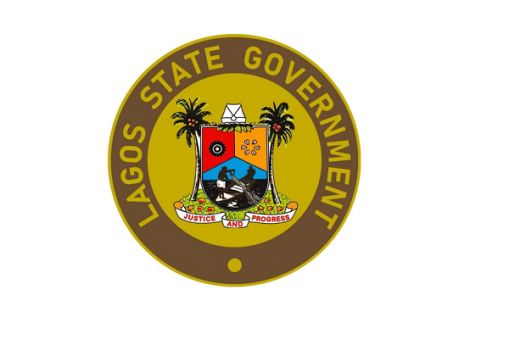The Lagos State Government has unveiled a new digital house-numbering system under the Lagos Identity Project, marking a major leap toward smarter urban governance and improved service delivery.
The initiative, launched Tuesday in Alausa by the Special Adviser to Governor Babajide Sanwo-Olu on Enterprise Geographic Information System (eGIS), Dr. Olajide Babajide, aims to enhance property identification using QR-coded digital address plates.
“This project is about providing Lagosians with world-class services they truly deserve,” Dr. Babajide stated during the event. “From curbing rental fraud to accelerating emergency response and postal services, this system is a game changer.”
Each plate will include a scannable QR code and a colour code representing the local government area, allowing for accurate property identification and location mapping. Stakeholders—including emergency personnel, utility companies, and law enforcement—will be able to access key property information instantly by scanning the code.
According to Babajide, the digital address system is rooted in extensive aerial mapping conducted over two years in collaboration with Interspatial, a private technical partner. The result is a unified civic address structure that adheres to international data protection and urban planning standards.
“The issues of tax evasion, untraceable locations, and urban disorganisation are being addressed through this initiative,” he said. “This is more than a digital tool; it’s a legacy infrastructure project.”
Pilot Begins in Eti-Osa
The new address system is currently being piloted in Eti-Osa Local Government Area. Once successful, it will be expanded to all 57 Local Government and Local Council Development Areas (LCDAs) across the state.

A key feature of the implementation is youth involvement. The government has engaged trained IBILE youth teams to handle on-ground installation, data entry, and community education—ensuring both data accuracy and local participation.
Babajide credited the Lagos State Government’s full funding of the initiative as a sign of its strong commitment to long-term urban transformation. He also referenced Lagos’ digital legacy, noting that the project builds on tech foundations laid during President Bola Tinubu’s tenure as governor.
Enhanced Urban Safety and Efficiency
Yinka Adesiyan, a co-sponsor and technical partner on the project, said the system’s benefits extend well beyond address recognition.
“This is not just about house numbers,” he said. “It’s a strategic infrastructure upgrade that enhances urban safety, promotes transparency, and supports infrastructure planning. The QR codes enable better Know Your Customer (KYC) protocols and can dramatically improve response times in emergencies.”
Residents will also benefit from reduced exposure to rental scams and better access to government services such as utility installation and public health programs.
Adesiyan described the project as a critical step toward Lagos’ smart city goals, allowing the state to keep pace with other global cities using tech for governance and planning.
The Lagos Identity Project aligns with broader efforts under the state’s urban renewal and smart governance initiatives, reinforcing the government’s goal of building a more efficient, secure, and inclusive megacity.



